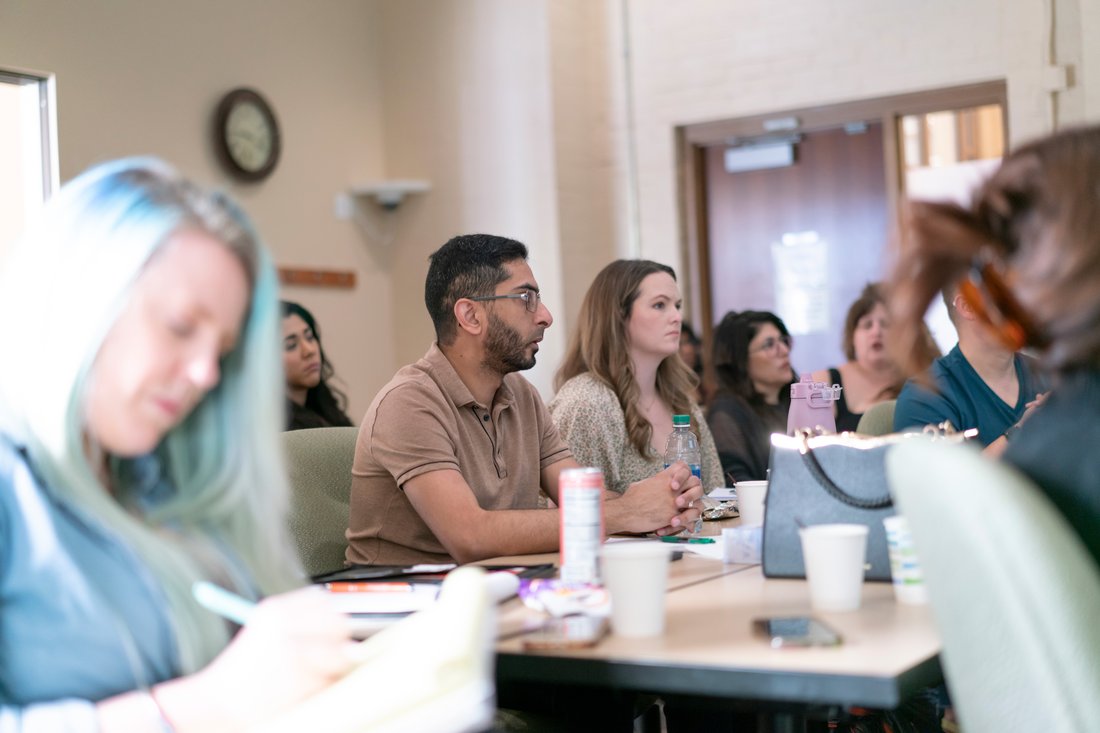
David B. Falk College of Sport and Human Dynamics
Curriculum
The 60-credit online curriculum includes 51 required credits and 9 elective credits, and requires a 500-hour clinical practicum with individuals, couples, and families in your community.
Professional licensure/certification requirements vary from state to state, which may affect your ability to apply for a professional license/certification upon the completion of the program. Please view our Professional Licensure Disclosure Statement regarding program’s ability to meet specific state licensure or certification requirements.
Falk College’s Marriage and Family Therapy Department demonstrates commitment to diversity and inclusion and adheres to Syracuse University's Non-Discrimination and Equal Opportunity Policy. The MFT department prohibits discrimination and harassment based on race, color, creed, religion, health, socioeconomic status, sex, gender, national origin, citizenship, ethnicity, marital status, age, disability, sexual orientation, gender identity and gender expression, genetic information, veteran status, or any other status protected by applicable law to the extent prohibited by law. This nondiscrimination policy covers recruitment; admissions; codes of conduct; hiring, retention or dismissal of faculty, students, and supervisors; and access to, and treatment in, university programs, services, and activities. Syracuse University’s non-discrimination policy and the MFT department’s statement on non-discrimination can be found in the student handbook.
Program Details
Supervised Clinical Training
The online M.A. includes a 500-hour clinical practicum in which you'll work at community placement sites under the supervision of clinical supervisors who meet COAMFTE accreditation requirements. Our dedicated Internship Coordinators will work with you to identify potential sites in your community and ensure the experience and supervision will meet program standards.
Careers in Marriage and Family Therapy
MFT graduates are licensed or certified in all 50 states and recognized by the federal government as members of a distinct mental health discipline.
With the M.A. degree, you’ll be prepared to work in a variety of settings:
- Inpatient and outpatient centers and hospitals
- Government, military and veterans’ facilities
- Substance abuse and addiction treatment centers
- Mental health and counseling programs
- Schools and social service agencies
- Community-based non-profits
- Research centers
- Private practice
A doctoral degree is required for university-level teaching and research positions.

